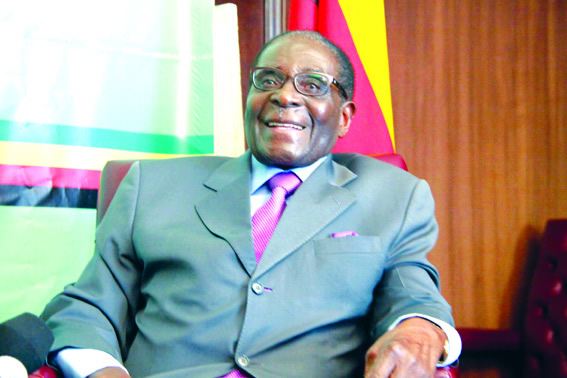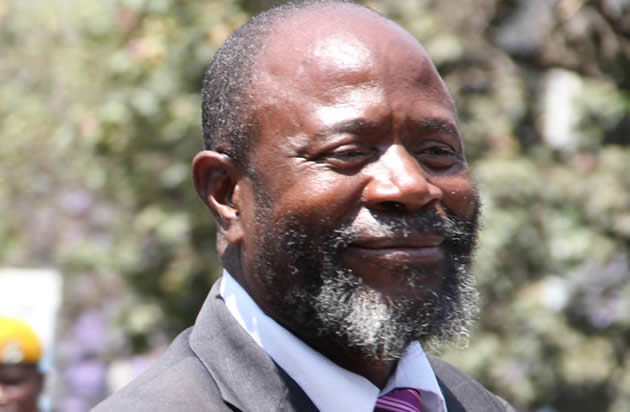Youth hold key to future
Stephen Mpofu Perspective
The future, per se, is like a road without end; the end only coming to one who embarks on a journey along that road.
The more conversant one is with the route’s vicissitudes and the more one is armed with knowledge of how to navigate and scale the ups and downs, the farther the milestone one is likely to touch on the journey and, similarly, the richer the bequest left behind for one’s country and humanity.
Contextually, it is no exaggeration to suggest that the future for youth in Zimbabwe lies in the balance between the “if we win the election” by those who have been on the journey,” and the “here is how to get it right” by others with more experience about the journey into an opaque future.
With the elections beckoning to everyone in Zimbabwe, those of a doubtful political chemistry have been trying to find the way into the hearts and minds of youths by promising them the moon — plum jobs and so on — if the young people vote for those campaigners into power.
But what happens if the campaigners fall by the wayside at the polls — will they stop altogether initiating new moves to give Zimbabwe’s youth a brave new future?
That is the big question that the young people to whom those promises are made must ask and find an answer before they risk putting a cross against the names of those who make lofty promises to them without any track record to support the promises.
The youth whose vote is critical in Zimbabwe’s political life should be careful to avoid being promoted into rhetorical leaders of the future by those propositioning them for votes.
On the other hand, Zimbabwe’s youth must rise enmasse in response to a policy long promoted by Zanu-PF to prepare the country’s youth for a role as leaders of this country when the present crop of leaders have accomplished their role and said good bye.
That policy, recently revisited by President Mugabe to update it, aims to fling the door wide open for youth’s participation in the social, economic and political life of this country.
With the quality of education that the youth generally boast of, their active involvement is crucial in reaping more benefits from the revolution that brought freedom and independence to this country.
What is needed now is to organise the youth and conscientise them into realising that the future is not a bed of roses laid on for them by the present generation of leaders, but that they must exploit the opportunity made available for them to acquire skills that will put them in good stead for leadership roles in the future.
At present, lack of job opportunities is bleeding the country of youths — its flower — who must seek a new destiny in the Diaspora where even those more educated among them render their services as security guards when they could actually use their education and skills to take the motherland milestones along the paths of social and economic development.
If attractive new programmes are introduced for youths’ participation in political and economic activities back home, we could see young Zimbabweans making a bee-line back home to help enhance economic development.
But things must not be left to the Government alone in giving Zimbabwean youth a greater stake in the political and economic lifespan of the country.
Businesses, which actually benefit more from educated and skilled young Zimbabweans, should be counted with the Government as important stakeholders in making the country’s youth policy a success.
Not only that. Parents, too, should proud to see their offspring as active participants in the country’s development processes and so it behooves on them to ensure that the future of their children lies not in eGoli, or elsewhere abroad but in Zimbabwe.
Equally important, Zimbabwean leaders should disabuse themselves of a belief or fear in part influenced by jealous and in part by unpatriotism that the youths are a threat to their own positions and future.
In fact, political and other leaders should regard themselves as mentors and role models for the country’s youth. Perhaps to put the icing on the full participation of youth in the country’s emancipation politically and economically, the educational system must have a greater bias in favour of imparting skills to students as a departure from theory-biased education which is an impediment, in a way, in the involvement of graduates in practical, social and economic activities.











Comments